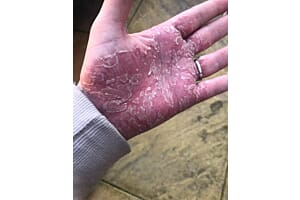Knees effected by osteoarthritic forms of arthritis are actually able to self-repair, where as hips do not, according to a new study.
The study, carried out at Duke University Medical Centre in the US and published in the February edition of the Journal of Biological Chemistry, suggests the results of the study are surprising and that in fact the knee has a capacity for self-repair that scientists didn’t know about.
As a result the scientists suggested that new treatment strategies fro knee arthritis should focus on turning off the breakdown of knee tissue and keeping swelling and inflammation down. The researchers said that if joint breakdown could be halted, the natural repair response in the knee might be sufficient to stop or reverse the arthritis process.
However, stopping the degenerative process in hips with arthritis may not be enough. In their study, the researchers identified an indicator of hip-joint breakdown, specifically an altered protein called D-COMP. In the circulation, it signals hip degeneration. In cartilage, it provides insight into the repair response of joint tissues.
Non Steroid Anti Inflammatory Drugs are the most common medication for arthritis but many people are unable to take them because they cause stomach upset and other health side effects.
Doctors often encourage arthritis sufferers to seek pain relieving alternatives to NSAID’s and exercise and joint strengthening methods for every day pain management and to try and keep NSAID medication to a minimum.
Alternative joint pain relief skin treatments are particularly effective on the knees as the knee joint is very close to the skin's surface so the pain relieving ingredients can penetrate the pain site quickly and easily.







